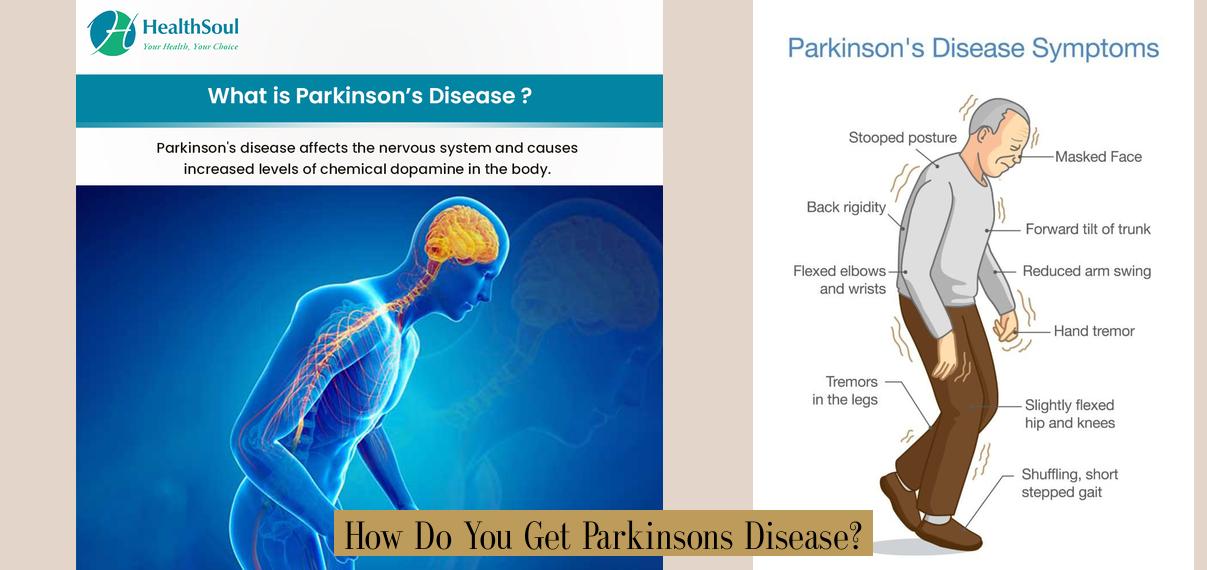The Great Parkinson’s Mystery: How Do You Actually Get It? (Spoiler Alert: It’s Not That Simple)
Okay, let’s talk Parkinson’s disease. Not in a morbid, doom-and-gloom way, but with a healthy dose of humor and a sprinkle of “what the heck is going on?” because, honestly, that’s how most people feel when they hear about it. It’s like this invisible enemy lurking in the shadows, and we’re left scratching our heads, wondering, “How do you get this thing?”
Well, get ready for a wild ride, because the answer, my friends, is not as straightforward as you might think.
The “Nobody Knows for Sure” Club
First things first, let’s address the elephant in the room: we don’t know the exact cause of Parkinson’s. Yep, you read that right. The scientific community is still trying to crack the code. It’s like that one puzzle in the corner that everyone avoids because, well, it’s just too darn difficult.
The Usual Suspects: Genetics and Environment
Now, while we might not have the smoking gun, we do have some prime suspects. The most popular theory is that Parkinson’s is a wicked combination of genetics and environmental factors. It’s like a recipe for disaster, and we’re all just hoping we don’t get the wrong ingredients.
Genetics: The Family Affair
So, about those genetics. It’s like, “Hey, did your grandma have Parkinson’s?” If so, you might be at a slightly higher risk. But here’s the kicker: most cases don’t seem to run in families. It’s like the disease decided to be a rebellious teenager and go off the grid.
Environment: The Culprit We Can’t Quite Pin Down
Now, let’s talk about the environment. This is where things get interesting. Think of it like a game of “Pin the Tail on the Donkey,” but with more potential culprits.
- Toxins: These bad boys are like the party crashers of the brain. You know, things like pesticides, herbicides, and heavy metals. They’re not invited, but they show up anyway, wreaking havoc on our delicate neural pathways.
- Lifestyle: Ah, yes, good old lifestyle. We’ve got our suspects: smoking, alcohol, and lack of exercise. It’s like the police lineup of unhealthy habits.
- Head Injuries: Ever gotten a concussion? Well, this little incident might be another potential contributor to Parkinson’s. It’s like your brain got into a fight and lost.
The Mystery Deepens: The “Why Me?” Syndrome
The frustrating part is, even if we could pinpoint the environmental culprits, it’s not like we can just avoid them entirely. We’re surrounded by toxins, and even the healthiest lifestyle can’t completely negate the risks. It’s like playing a game of Russian roulette, but with tiny, invisible bullets.
So, What Can We Do?
While we might not have all the answers, there are some things we can do to mitigate the risk. It’s like playing defense in a game we don’t fully understand.
- Stay Active: Exercise, especially aerobic exercise, is like your brain’s personal bodyguard. It helps keep those neurons firing and your overall health in check.
- Fuel Your Brain: A healthy diet full of fruits, vegetables, and whole grains is like giving your brain the best possible armor.
- Cut the Cigarettes and Booze: These bad boys are like the kryptonite of your brain cells.
- Caffeine, Your New Best Friend? Some studies suggest that caffeine could be a protective factor against Parkinson’s. So, grab a cup of coffee, but don’t go overboard, okay?
- Keep Your Brain Engaged: Learn a new language, play a musical instrument, or solve puzzles. It’s like mental bootcamp for your brain.
In Conclusion: The “How Do You Get Parkinson’s?” Puzzle
The truth is, we still have a lot to learn about Parkinson’s disease. We’re like detectives trying to solve a complex murder mystery, but without all the clues. However, by understanding the potential causes and taking proactive steps to protect our brains, we can play our part in preventing this debilitating disease.
So, while we might not have all the answers, we’re not giving up. We’ll keep researching, keep learning, and keep fighting for a future where Parkinson’s is no longer a mystery.
Just remember, if you have any concerns about your health, talk to your doctor. They’re your personal medical Sherlock Holmes, ready to help solve any health mysteries you might have.
